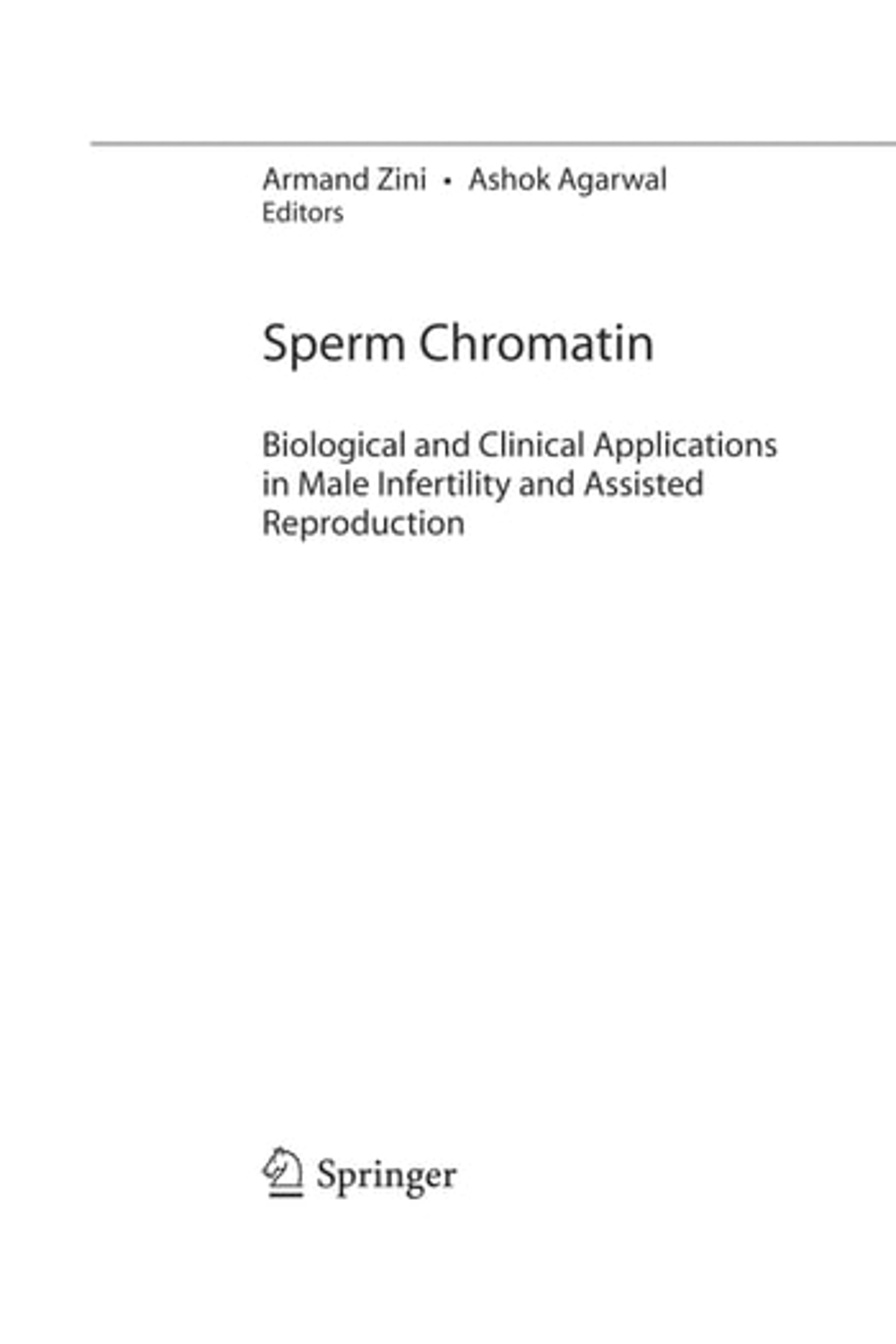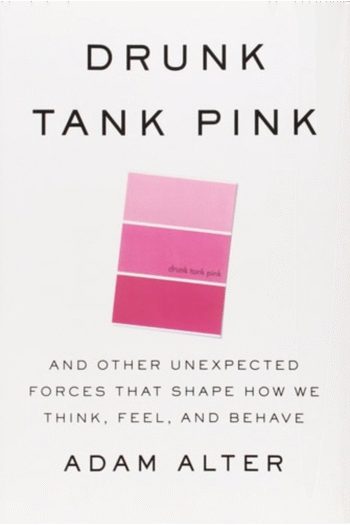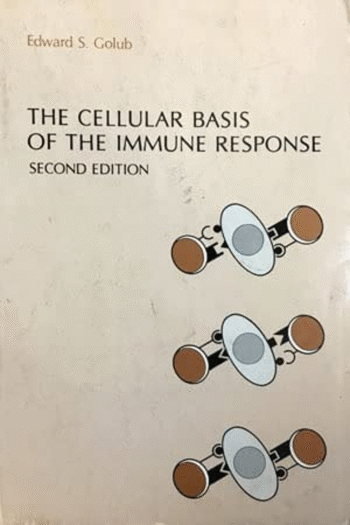Unlock the secrets to male fertility with “Sperm Chromatin: Biological and Clinical Applications in Male Infertility and Assisted Reproduction.” This comprehensive hardcover from Springer, published in 2011, delves into the critical role of sperm DNA integrity in conception and healthy pregnancies. Unlike general texts on infertility, this book, penned by leading international experts, focuses specifically on sperm chromatin structure and its impact. Explore the latest research on the causes and consequences of sperm DNA damage, learn about advanced diagnostic techniques, and understand how this knowledge translates to improved outcomes in assisted reproductive technologies like IVF and ICSI. A vital resource for urologists, gynecologists, embryologists, and anyone involved in reproductive medicine, offering practical guidance and cutting-edge insights into this often-overlooked aspect of male infertility. Discover how to assess and address sperm DNA damage, potentially improving success rates in fertility treatments.
Sperm Chromatin: Biological and Clinical Applications in Male Infertility and Assisted Reproduction
23,48 $
In stock
Sperm DNA damage is common and has been associated with reduced rates of conception, impaired embryonic development and increased risk of miscarriage. Although the exact causes of sperm DNA damage are unknown, it is clear that infertile men possess substantially higher levels of sperm DNA damage than do fertile men. Written by leading, internationally renowned clinicians and basic scientists with expertise in sperm DNA, Sperm Chromatin: Biological and Clinical Applications in Male Infertility and Assisted Reproduction provides readers with a thoughtful and comprehensive review of the biological and clinical significance of sperm DNA damage. The work covers the fundamental principles of sperm chromatin architecture and function, the proposed modes of DNA damage and repair, the tests of sperm DNA damage, the clinical aspects of DNA damage and the impact of DNA damage on reproductive outcome. Unlike any other title on the topic, Sperm Chromatin: Biological and Clinical Applications in Male Infertility and Assisted Reproduction is an invaluable addition to the literature and will serve as an indispensable resource for basic scientists with an interest in sperm biology and for urologists, gynecologists, reproductive endocrinologists, and embryologists working in the field of infertility.
| Binding | |
|---|---|
| Condition | |
| ISBN-10 | 1441917810 |
| ISBN-13 | 9781441917812 |
| Language | |
| Pages | 534 |
| Publisher | |
| Year published | |
| Weight | 1194 |
| Edition | 2011 |
- Additional information
- Currencies
- USD – United States dollar
- EUR – Euro
- GBP – Pound sterling
- CNY – Chinese yuan
- BRL – Brazilian real
- MXN – Mexican peso
- JPY – Japanese yen
- PHP – Philippine peso
- THB – Thai baht
- PLN – Polish złoty
- CAD – Canadian dollar
- MYR – Malaysian ringgit
- AUD – Australian dollar
- TWD – New Taiwan dollar
- CZK – Czech koruna
- SEK – Swedish krona
- HUF – Hungarian forint
- ILS – Israeli new shekel
- CHF – Swiss franc
- HKD – Hong Kong dollar
- DKK – Danish krone
- SGD – Singapore dollar
- NOK – Norwegian krone
- NZD – New Zealand dollar





